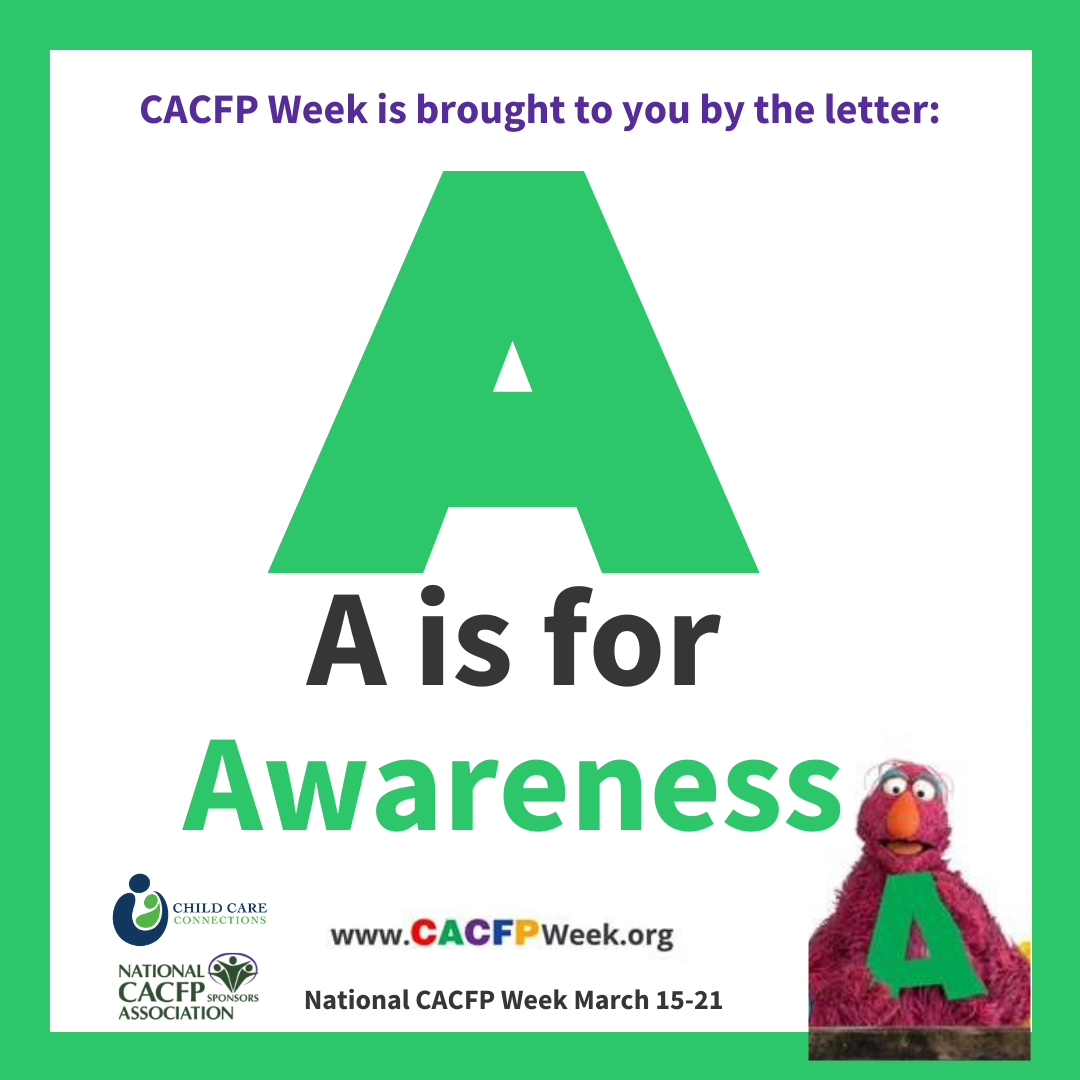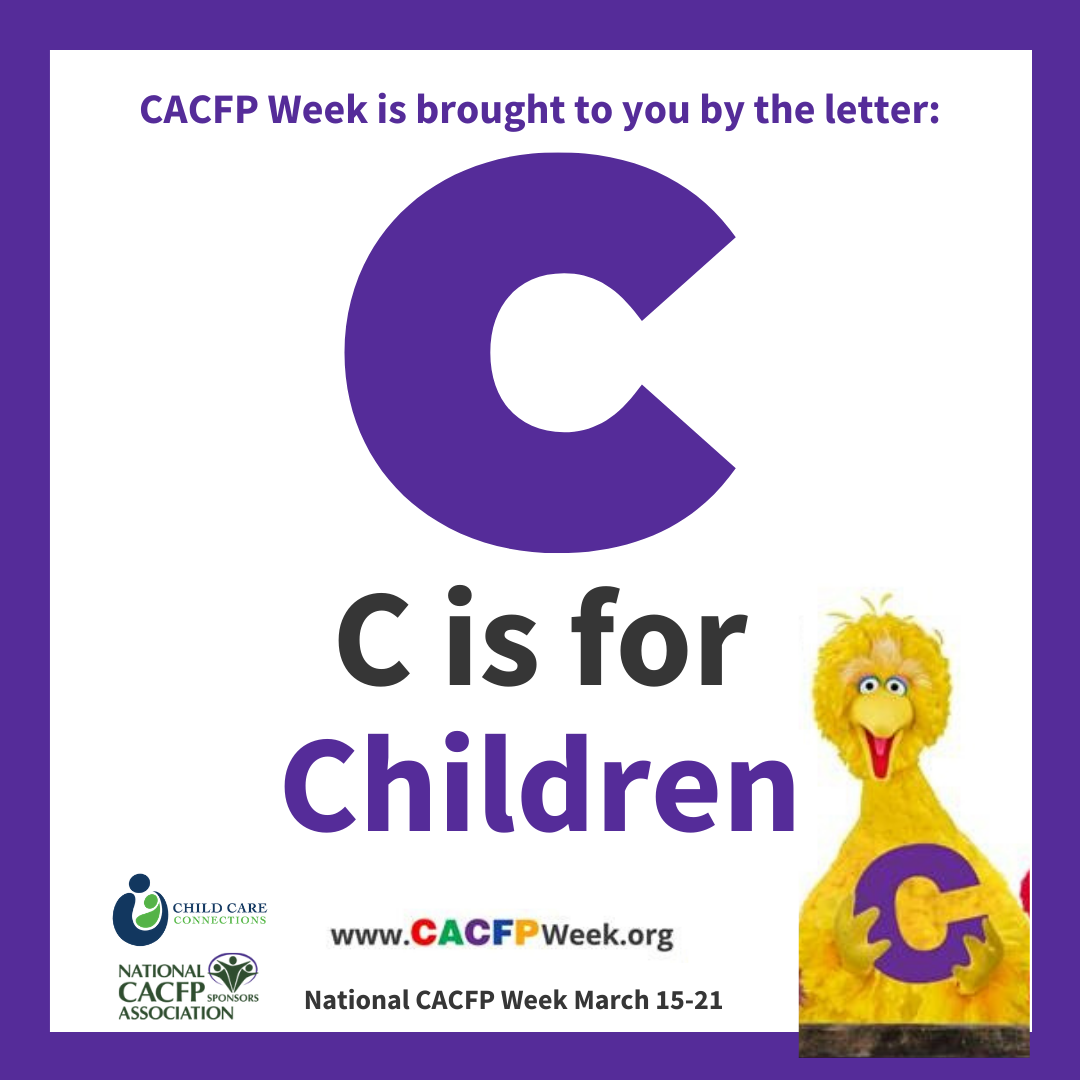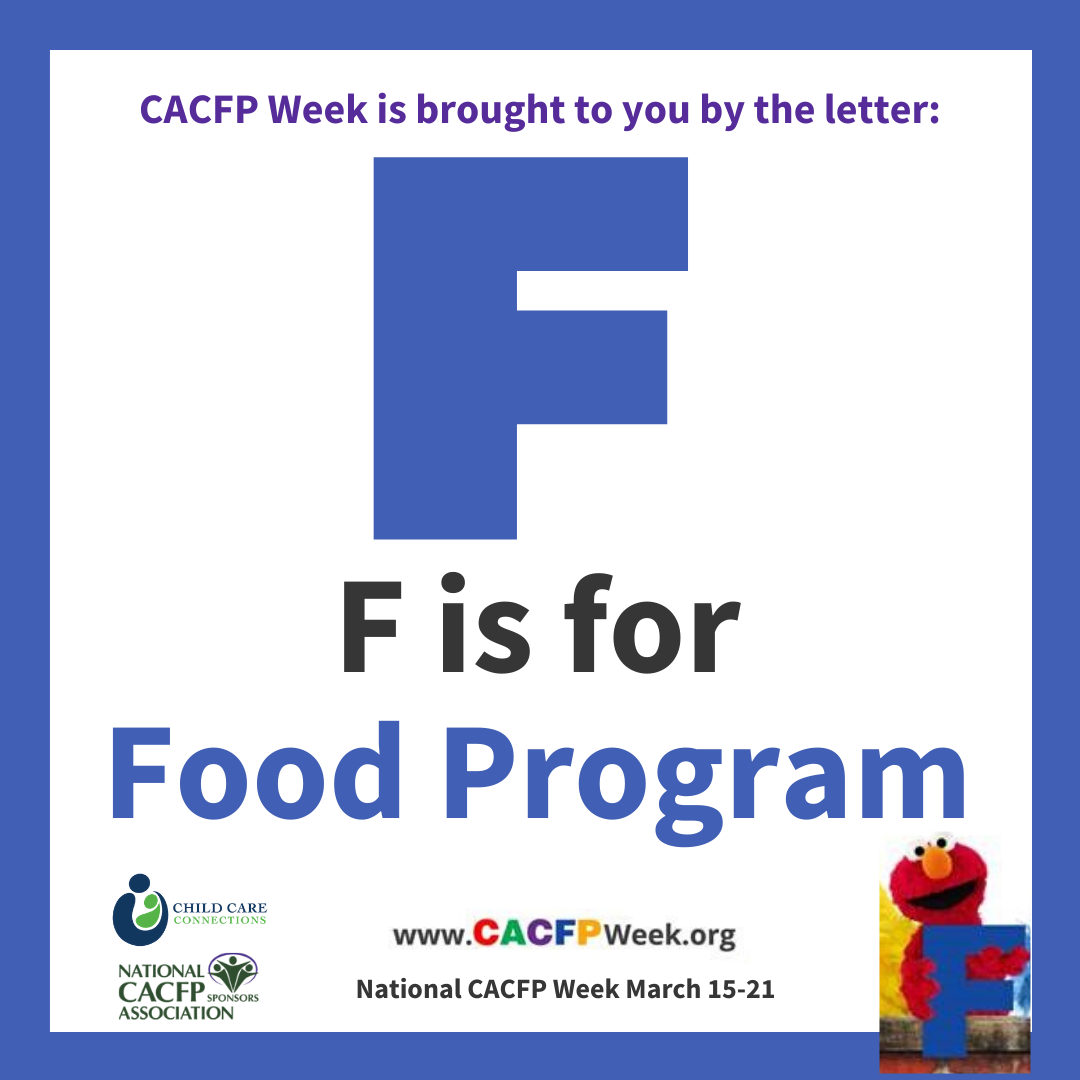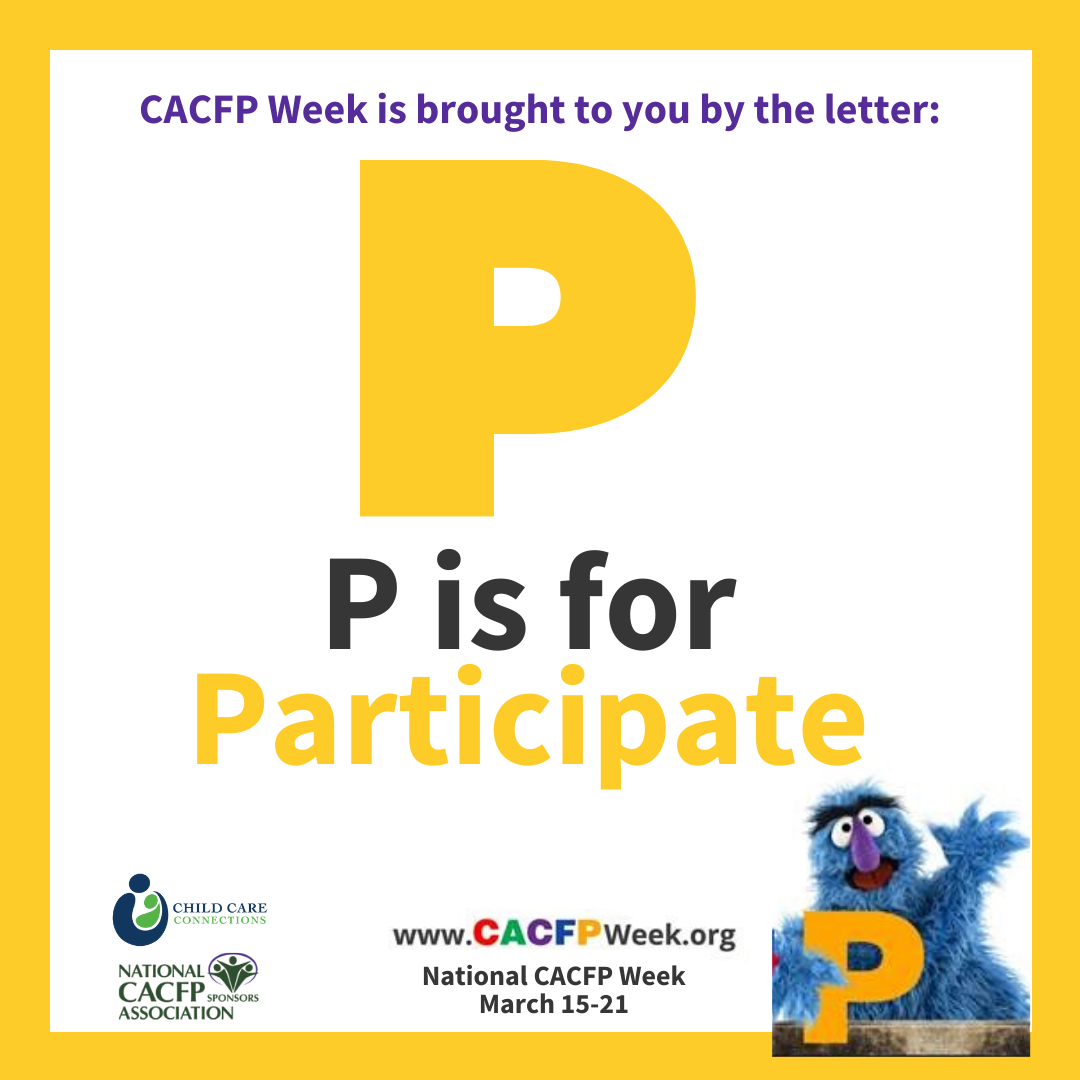Quality Programming
Child Nutrition Program

Child Nutrition Program
CACFP: Support Healthy Habits
What is CACFP Week?
CACFP Week is a national education and information campaign sponsored annually the third week of March by the National CACFP Sponsors Association. The campaign is designed to raise awareness of how the USDA’s Child and Adult Care Food Program works to combat hunger. The CACFP brings healthy foods to tables across the country for children in child care centers, homes, and after school programs as well as adults in care.
This year CACFP is brought to you by our friends at Sesame Street with a new letter for each day! Click the icons below to learn more each day of the week:
We hope you’ll join in the fun and learning this CACFP Week!
Child Nutrition Program
What is the USDA Child & Adult Care Food Program
The Child and Adult Care Food Program (CACFP) is a United States Department of Agriculture (USDA) program. CACFP provides reimbursement for nutritious meals and helps to develop positive eating habits in young children enrolled in registered and licensed child care settings across the nation. In Montana, the CACFP is administered by the Department of Public Health and Human Services.
Child Care Connections sponsors CACFP participation in family and group child care homes in Gallatin, Park, Meagher, Lewis and Clark, Jefferson, and Broadwater counties. The program is available to all children from birth through twelve years of age.
To participate in the program, child care providers must serve meals that meet CACFP meal pattern requirements. Child care providers must also allow representatives from Child Care Connections into their program at least three times annually for monitoring visits, maintain required paperwork and attend 4 hours of CACFP training each year. Please call Child Care Connections at 587-7786, or go to www.dphhs.mt.gov for more information regarding the Child and Adult Care Food Program.
Child Nutrition Program
What CCC has to Offer CACFP Participants

Civil Rights & Non-Discrimination
The US Department of Agriculture (USDA) prohibits discrimination in its programs on the basis of race, color, national origin, gender, religion, age, disability or political beliefs. Persons with disability who require alternative means for communication of program information (Braille, large print, audiotape, etc.) should contact the USDA’s TARGET Center at (202)720-2600 (voice and TDD). To file a complaint of discrimination, write the USDA, Director, Office of Civil Rights, Room 326-W, Washington, DC 20250-9410 or call (202)720-5964 (voice and TDD). USDA is an equal opportunity employer.
Child Nutrition Program
Resources for CACFP Providers
Child Nutrition Program
Benefits of CACFP
Benefits for the Child Care Provider
Child care providers receive valuable education about nutritious foods to feed children in amounts that are appropriate for different age groups. Personal visits from CACFP staff also helps providers understand and encourage positive eating habits, which in turn educates children to make healthy food choices that will last a lifetime.
Benefits For The Parents
Parents are assured that their children will be served high-quality meals, thus children are less likely to experience fatigue and illness and therefore less work absenteeism of parents. Children are healthier, happier and will develop at a normal physical, emotional and intellectual pace.
Benefits to The Child
The CACFP offers lifetime benefits through the development of healthy habits. Eating patterns and habits are established during the preschool years and help determine the quality of diet throughout life. Children who are in the care of providers who participate on the CACFP receive nutrition education from those who understand their role in shaping child age attitudes toward the acceptance of nutritious foods. Providers instill a positive, curious attitude toward food during the earliest and most influential years of a child’s life.
Benefits for the Community
Because of CACFP, federal tax monies are returned to Montana and are invested in the health of the community’s children. The added revenue helps keep child care costs down for employees in the community. Since only regulated providers are eligible to participate in the program, unlicensed providers must comply with local child care ordinances before they can be accepted in the program.
For additional information regarding nutrition, please click on the links below:
For additional information regarding nutrition, please click on the links below:
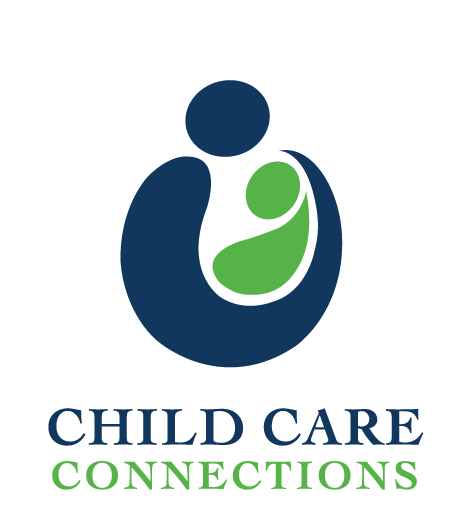
.png)
